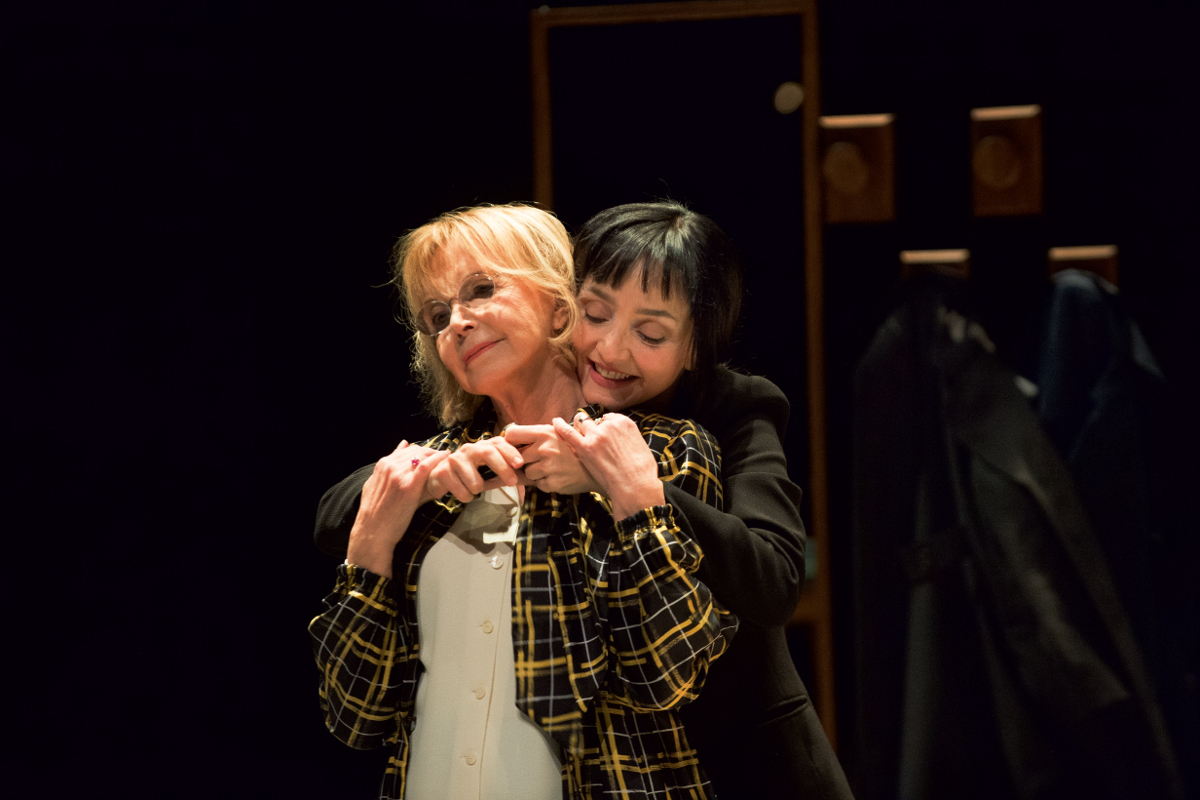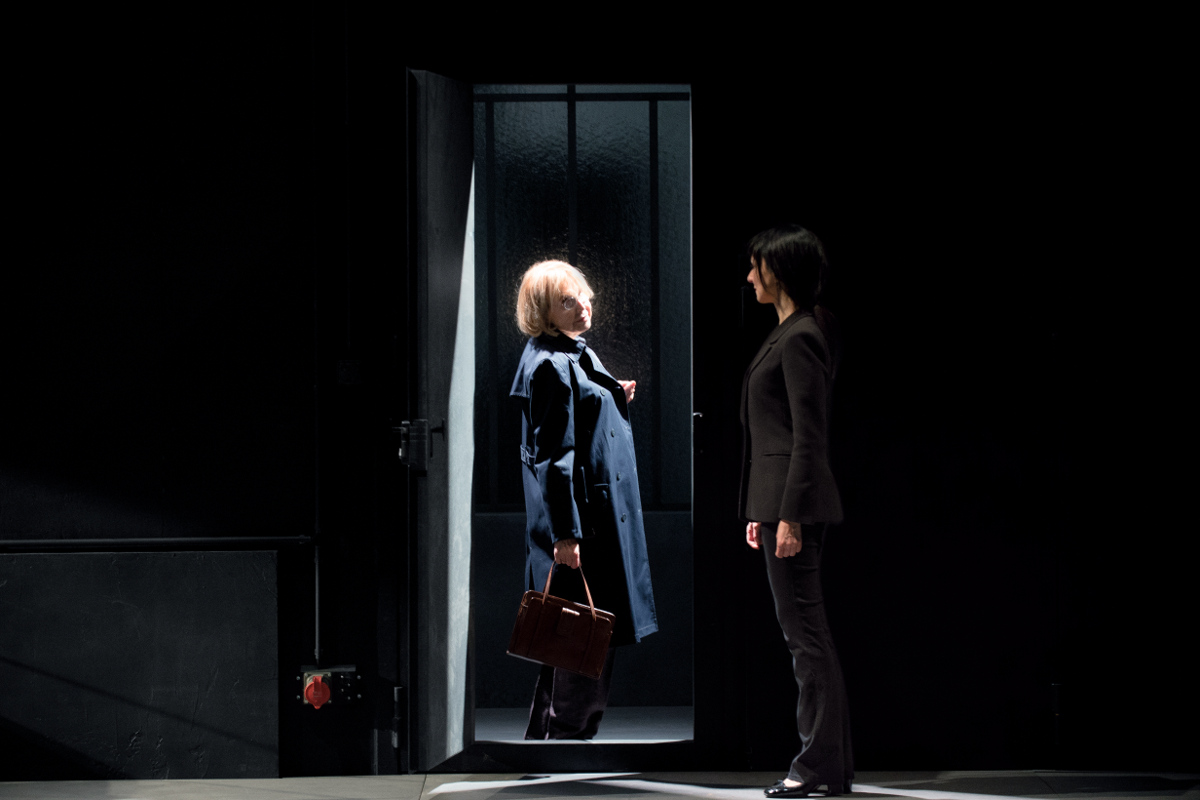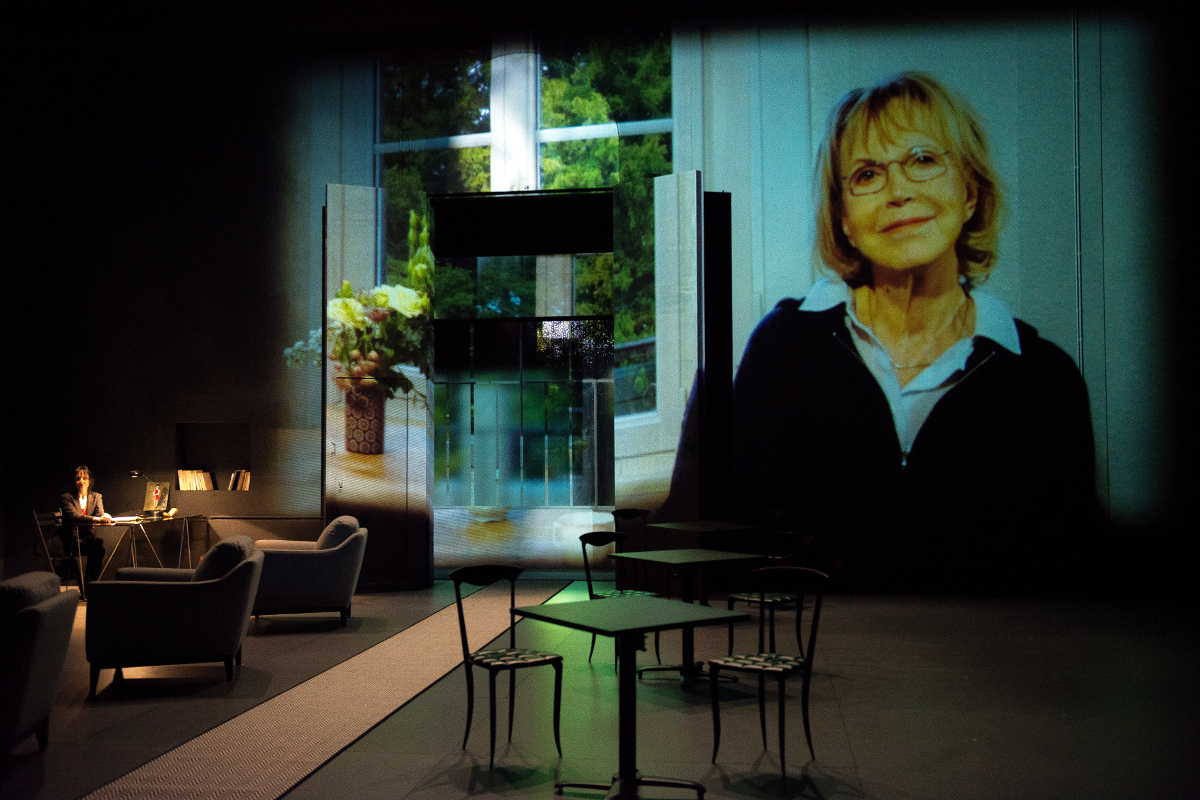Him: Pierre, Parisian, from a good family, intellectual, multilingual, reads Nietzsche. Her: Rachel, small-town employee at the local Social Security, family background of modest, Jewish origin, despised by her father. They should never have met. And yet they did. The encounter took place at Châteauroux, one evening in the late 1950’s. He does not want to marry her and tells her so. She says she accepts this. By according him this freedom, does she know what she is getting herself into?
Pierre has his own ideas about love. He divides it into three categories. Marital love, which is “predictable”. “Amorous passion”, which is “outburst-like” and ‘takes us by surprise’. And lastly, “the inevitable or unavoidable encounter”, which is far more difficult to grasp. The first two are self-explanatory. They can be both opposite, and complementary: the mistress and the legitimate wife are two elements of a same system. By contrast, Pierre goes on to explain, the third form of love is both self-evident and indescribable. From the inside, “when it is there”, it is of blinding clarity. But it only lends itself to be described in negative terms. It is “unpredictable, incongruous”. Can it last any longer than the present, given that it “it cannot be integrated into reasonable life”? It has no place in our existences, or is so difficult to situate “that it does not disturb social order because it is not beholden to it”. Rachel admires the intelligence of her lover and his exposition of his theory to her. She asks him the same question posed by the reader: “For you, what category does our encounter fall into?” His response is characteristic, and brutal in more ways than one. Pierre corrects Rachel’s French before telling her: “I would say it’s somewhere between the second and the third.” In other words, not only does he exclude the first (he will not marry Rachel), but he also makes this exclusion two-fold by situating their relationship in the realms of what cannot be situated.
A man such as this does not wish to be subjected to laws of any kind. The only thing that counts is his freedom - that of a “superior” being who has no equal, no limits and no other necessities apart from making “the odd concession to society”, just enough to “have peace and quiet”. This is the man who wants to have a child with Rachel. And Rachel accepts. From out of this love is born their daughter, Christine. Her story takes root in the impossibility of this situation, and foreshadows the child’s rape. From out of this impossibility comes the immense difficulty of saying “what it is to have a mother”.
Célie Pauthe was overwhelmed by Un amour impossible, and the access it gave her to long-forgotten memories. Particularly striking were the closing pages, mother and daughter conversations which retrace the past in order to rethink what its story might have been. The CDN de Besançon Franche-Comté’s director wanted to put a voice to these words, in which the shared experience of theatre is at work: “the transformation of an ‘I’ into a ‘we’ ”. At her wishes, Christine Angot has adapted her novel for the stage. And under Célie Pauthe’s direction, Maria de Medeiros and Bulle Ogier will be lending their voices to the dialogue between Rachel and Christine.
Cast
Collaboration in the staging Denis Loubaton
Artistical collaboration Marie Fortuit
Scenography Guillaume Delaveau
lights Sébastien Michaud
Sound Aline Loustalot
Costumes Anaïs Romand
production CDN Besançon Franche-Comté
Length about 1h45
,Practical Information
20h Tuesday to Saturday, 15h on Sunday
23 Février 2017 - 20h00, 24 Février 2017 - 20h00



